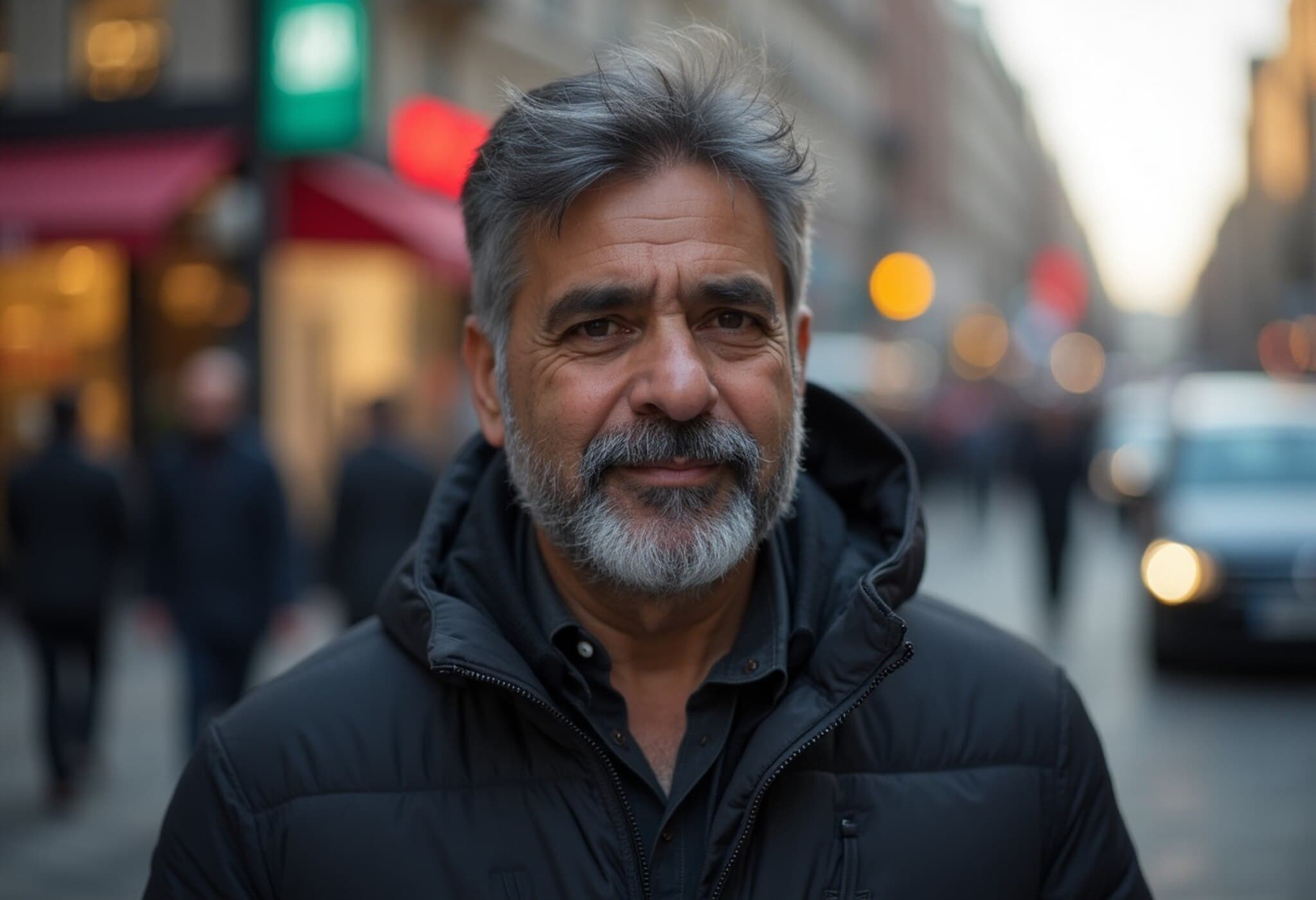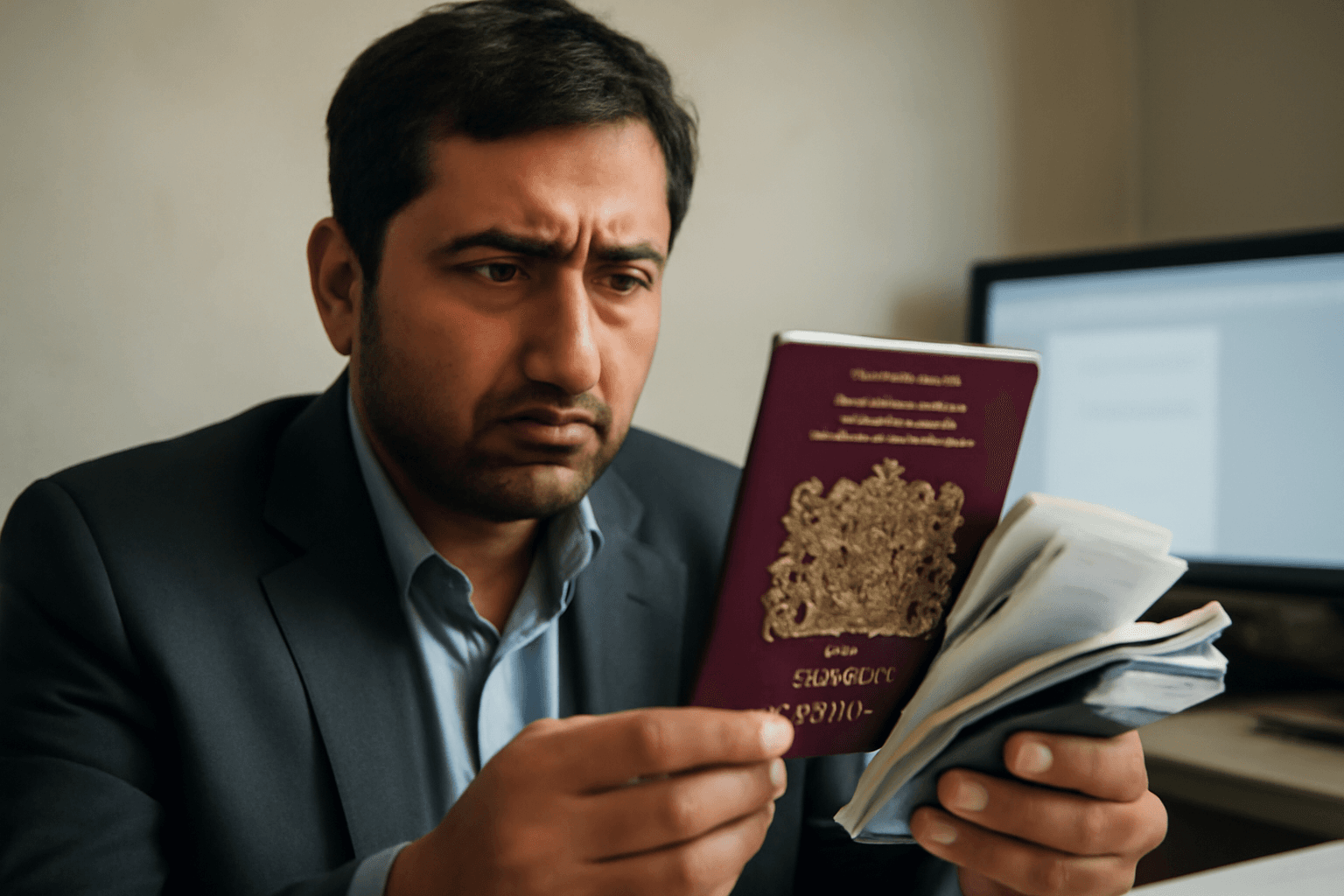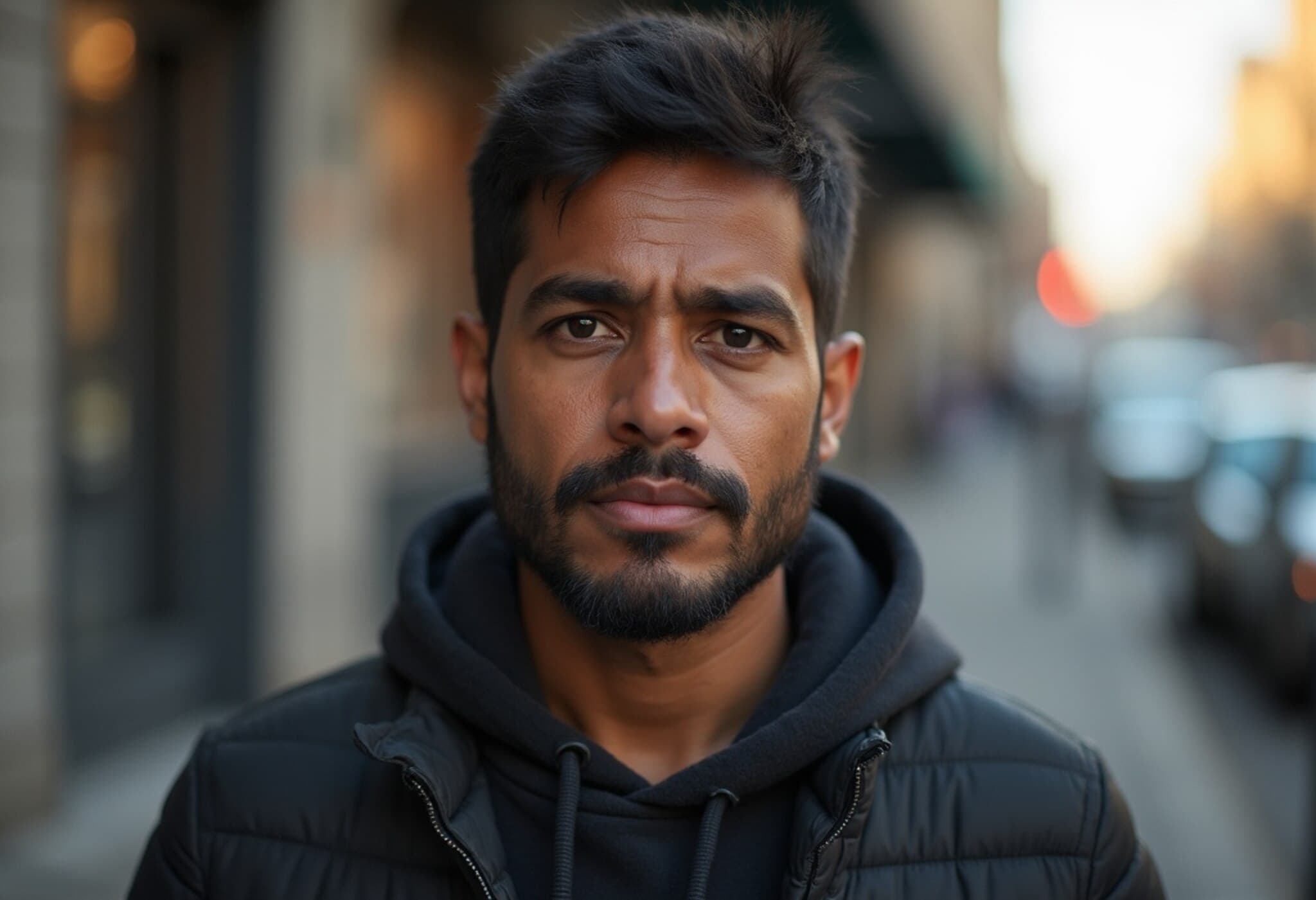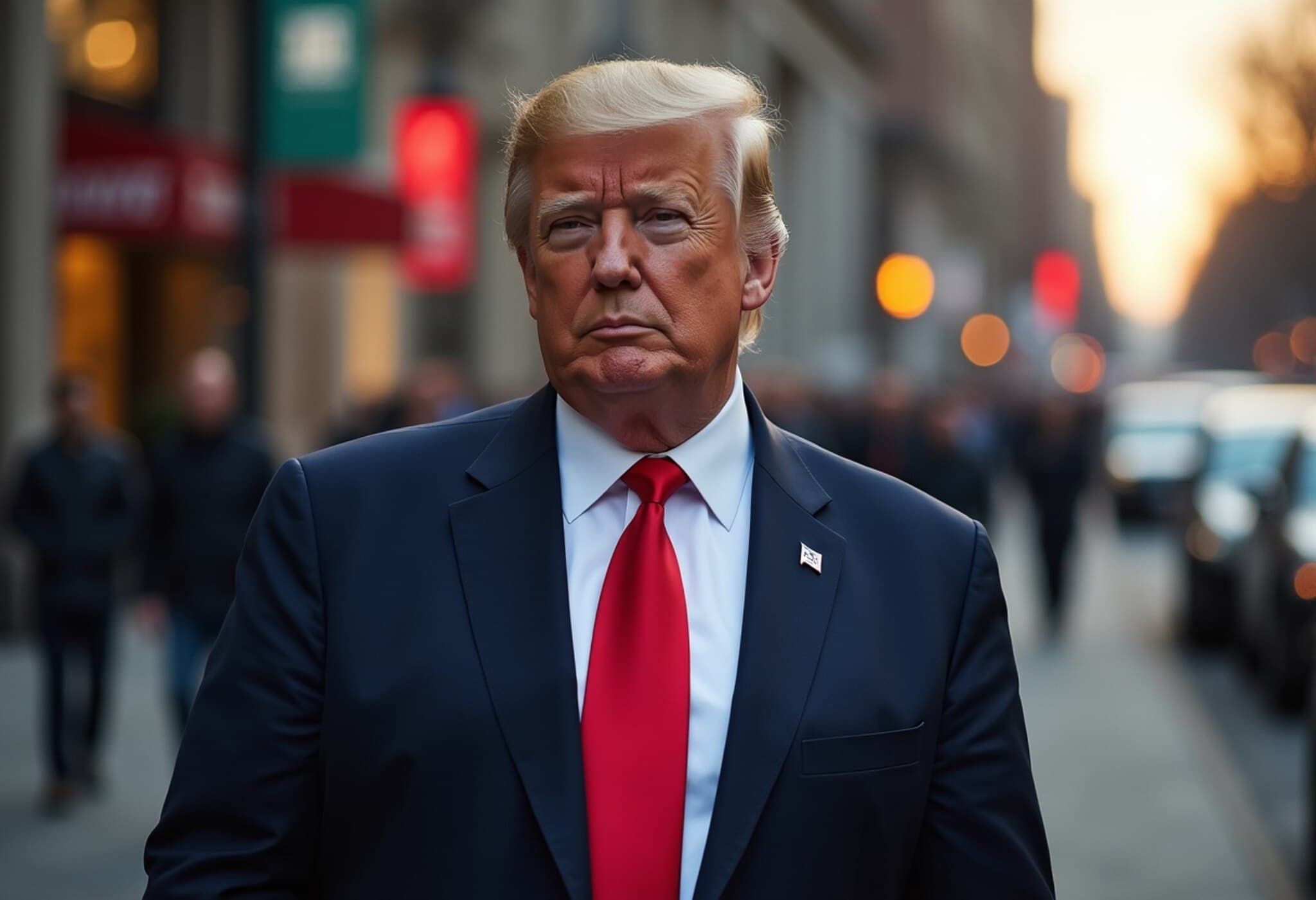UAE Officially Refutes False Rumours About Lifetime Golden Visa Program
The United Arab Emirates (UAE) has firmly dismissed recent rumours suggesting that it is offering lifetime "golden visas" to Indian nationals and certain other countries without traditional investment requirements. This clarification comes following a misleading press release circulated by a consultancy firm, sparking confusion among prospective applicants.
What Sparked the Rumours?
Earlier claims by Rayad Group, a consultancy firm, suggested that Indian citizens could apply for a "nomination-based" golden visa granting lifelong residency — and possibly citizenship — without the need to invest substantial amounts in property or businesses. The purported scheme allegedly required a one-time payment of AED 100,000 (~₹23.3 lakh) and was described as a pilot program initially targeting nationals from India and Bangladesh, to be followed by China and other CEPA countries. The announcement also named the visa processing firm VFS Global as a partner in this initiative.
UAE Federal Authority Sets Record Straight
In a prompt response, the Federal Authority for Identity, Citizenship, Customs & Port Security (ICP) issued a strongly worded statement on Tuesday, labeling the press release as false and misleading. The ICP emphasized that all golden visa applications are strictly managed through official government channels within the UAE and warned against engaging with unauthorized intermediaries.
Key points from the ICP's declaration include:
- Golden visa categories, eligibility criteria, and regulations are strictly governed by UAE laws and ministerial decrees.
- There is no approval or association with any external advisory body or consultancy claiming to facilitate visas outside official channels.
- The authority is actively investigating the origins of the misleading release and will take legal action against those attempting to defraud applicants.
- Applicants are urged to rely solely on information from the official ICP website or call the helpline at 600522222 for verification.
Understanding the UAE’s Legitimate Golden Visa Program
The UAE's golden visa initiative, introduced to attract global talent and investors, grants long-term residency — typically for 5 or 10 years — to qualified individuals, including investors, scientists, entrepreneurs, and specialized professionals. Recent expansions have aimed to include a wider spectrum of skilled workers such as:
- Scientists and researchers
- Executives and senior management professionals
- Educators — including teachers, principals, and university faculty
- Healthcare workers, notably nurses with extensive experience
- Frontline essential service providers
However, these visas require meeting established eligibility criteria, including documented professional achievements, investment thresholds, and government approvals — and do not offer unconditional or lifetime residency without follow-through on these standards.
Expert Insight: Navigating Residency Programs in a Complex Immigration Landscape
The circulation of such misleading information underscores a wider challenge faced by applicants globally: how to differentiate between legitimate immigration routes and fraudulent schemes promising improbable benefits. Legal experts advise prospective applicants to:
- Always verify visa information through government portals or authorized consulates.
- Be wary of unsolicited offers requiring upfront payments or bypassing due process.
- Consult immigration attorneys or accredited agencies when in doubt.
In the context of the UAE — a nation that continues to scale up its openness to talent through regulated pathways — such vigilance protects individuals from financial loss and potential legal complications.
Regional and Economic Relevance for India-UAE Relations
India and the UAE share a robust economic and cultural partnership, with millions of Indians living and working in the Gulf nation. The UAE's golden visa program has been a beacon for many skilled Indians seeking long-term stability abroad. However, distortions like these false rumours can lead to misplaced expectations and hamper trust in official processes.
Transparent communication and official clarifications, such as that delivered by the ICP, are vital to maintaining this bilateral goodwill and ensuring that migration flows remain orderly, lawful, and mutually beneficial.
Editor’s Note
As global migration frameworks evolve, so does the risk of misinformation spreading through unofficial channels. This episode highlights the critical need for due diligence and reliable sources when considering immigration options. Prospective migrants should always confirm details through official UAE government sources and remain cautious of offers that seem too good to be true.
Questions for Readers: How can governments and stakeholders better educate the public about legitimate immigration schemes? What role can technology play in authenticating and safeguarding visa processes? Share your thoughts and experiences.












